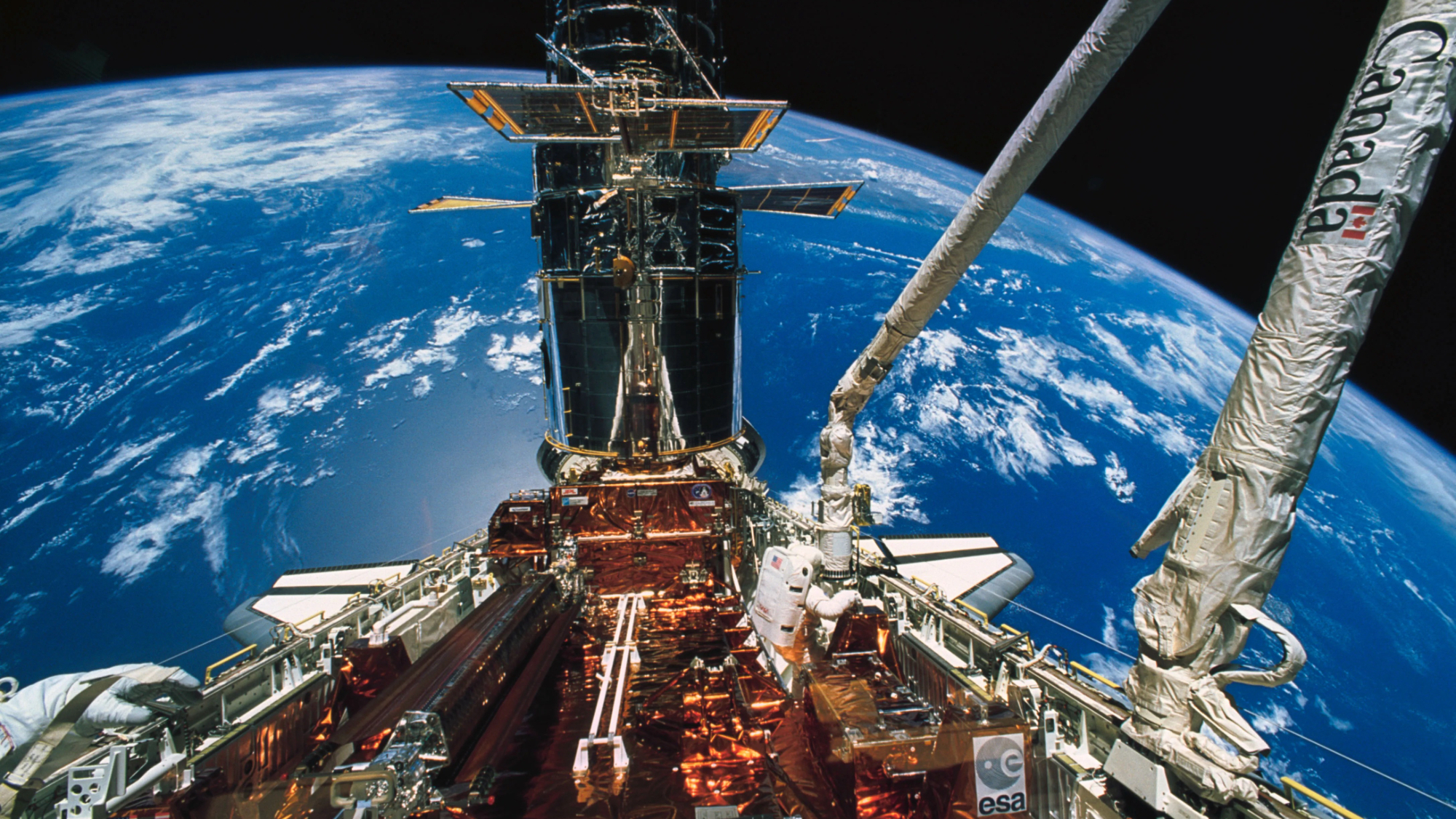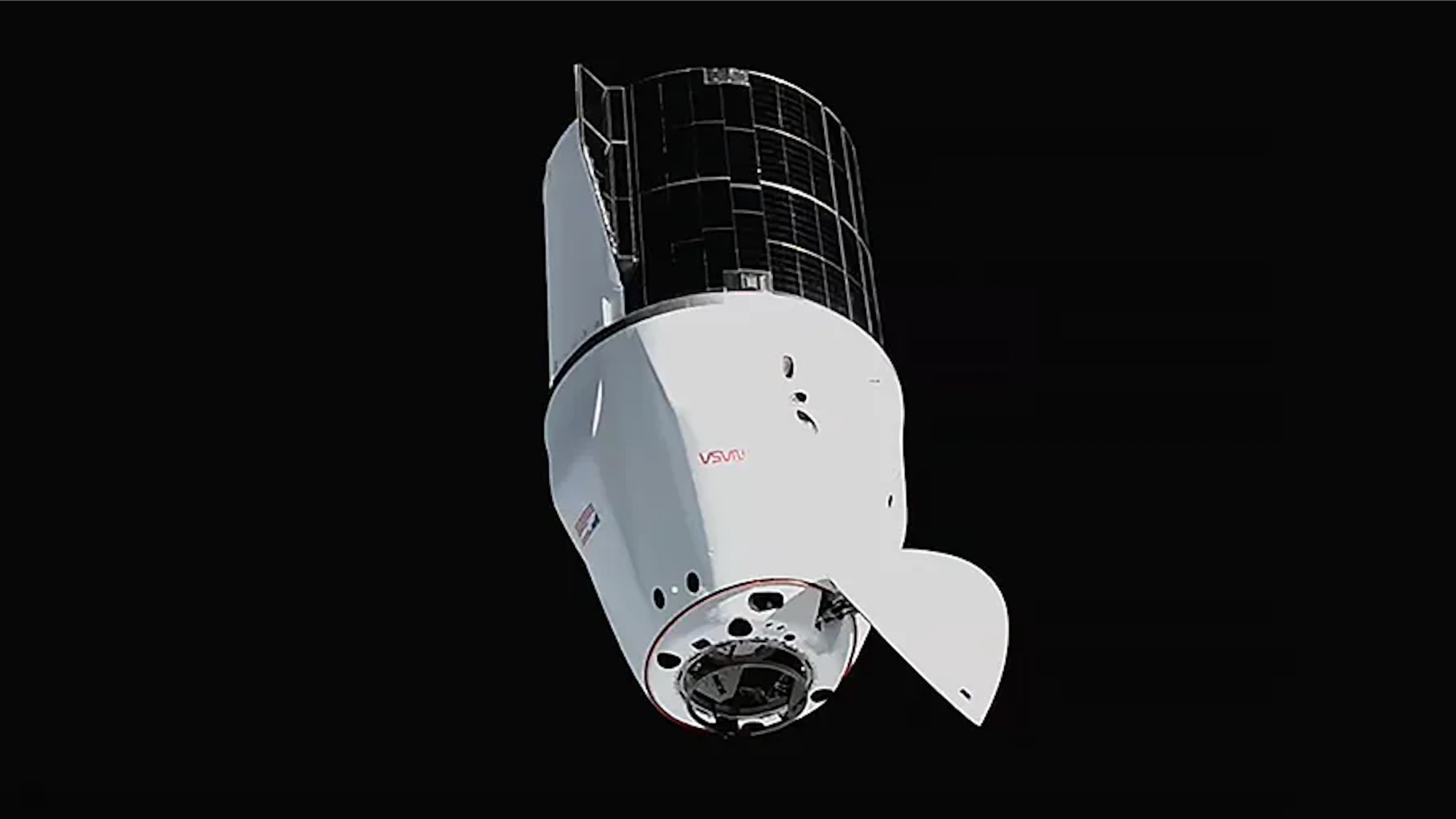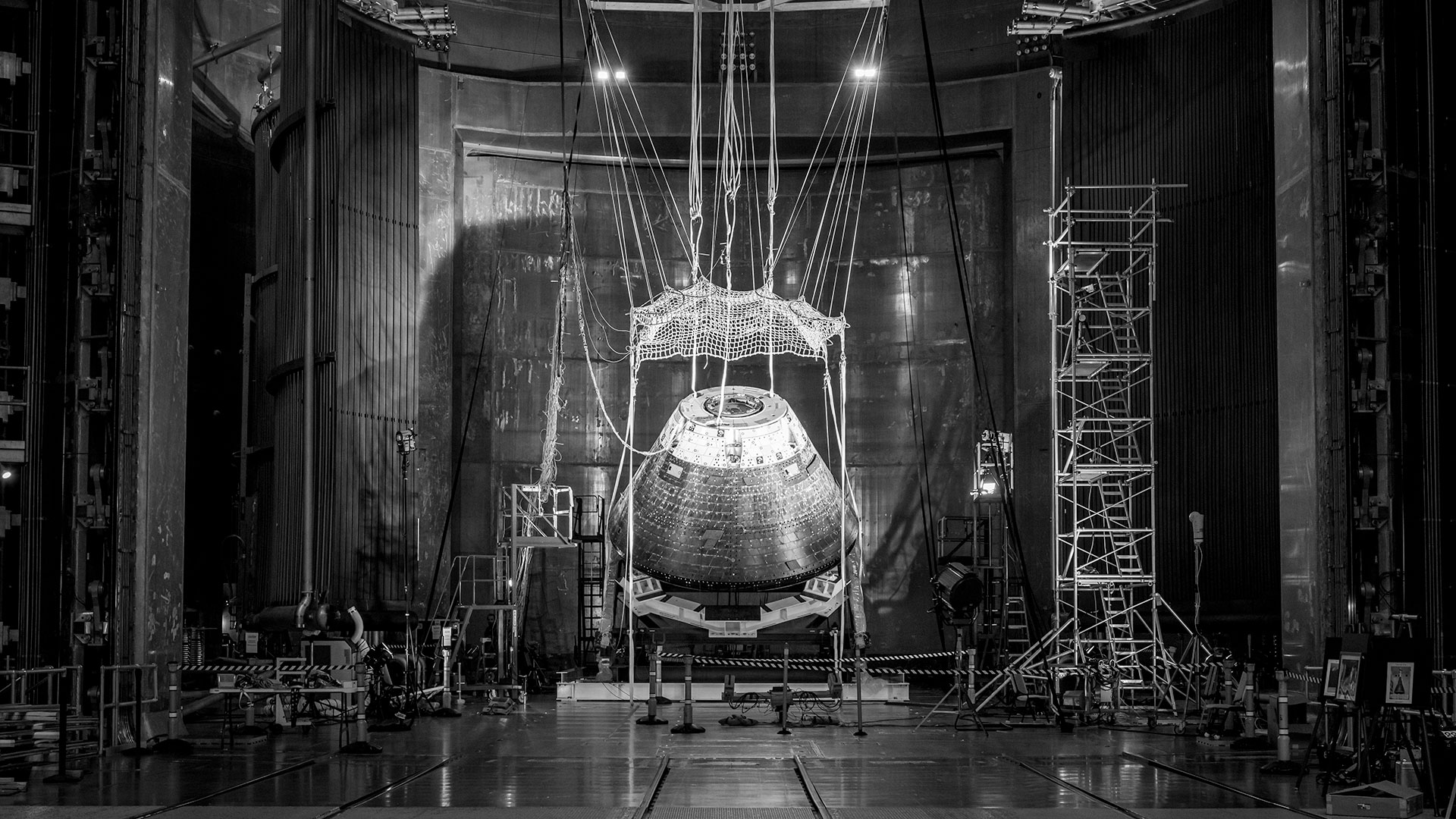The X Prize Cup Executive Summit Connects Adventurers with Venture Capitalists
HOLLOMANAIR FORCE BASE, N.M. ? On the eve of the X Prize Cup, executives from companiesbig and small and a mix of senior government officials gathered here to networkand hash out the opportunities and challenges confronting the personal spaceflight industry and other such ?new space? ventures.
?We?re hereto have a conversation. No screens. No PowerPoint slides. We?re here to talk ascandidly as we can,? said Peter Diamandis, organizer of the invitation-only X PrizeFoundation Executive Summit, which drew over 120 participants.
Theday-long conversation, moderated by Diamandis anddigital-technology-guru-turned-venture-space-investor Esther Dyson, delved intothe challenges space entrepreneurs face working with the government and largecorporations, raising investment capital, and sorting out insurance, regulatoryand safety considerations.
The bigaerospace companies were well represented at the summit, but only NorthropGrumman, sponsor of the $2 million Lunar Lander Challenger taking place thisweekend, sent a top executive: Wes Bush, the aerospace and defense giant?schief operating officer.
NorthropGrumman made waves in the venture space community this summer when it took amajority ownership stake in Scaled Composites, the Mojave, Calif.-based companythat built the $10 million Ansari X Prize-winning SpaceShipOne and is currentlydesigning a passenger-carrying suborbital craft for Virgin Galactic.
ButNorthrop Grumman officials have said it was Scaled?s expertise as builders ofinnovative aircraft, not its foothold in the personal space flight business,that prompted the acquisition.
Bush saidthat while Northrop Grumman and the other big prime contractors are interestedin venture space opportunities, they are not about to go on a shopping spree forspace start-ups.
?Most primecontractors are not interested in majority equity positions in your companies,?Bush said. ?But might we be interested in a minority equity position with atechnology exchange in terms of a way of helping you succeed? You bet.?
WhileBush?s comments drew guffaws from some participants, Mark Sirangelo, chairmanand chief executive of Poway, Calif.-based SpaceDev, said established players andstart-ups can work together to mutual benefit. SpaceDev, a space technologyfirm with orbital aspirations, has built a $30 million business out of a mix ofcommercial and government contracts.
There wasno shortage of discussion at the summit about finding financing forentrepreneurial space ventures.
ChristopherStott, honorary representative to the space community for the Isle of Man ? a tax-free haven in the British Isles for a growing number of spacecompanies ? said government agencies are the last place commercial companiesought to look for customers.
?Governmentsare lousy customers,? Stott said. ?They are incredibly risky. They pay late, ifthey pay at all. They cancel contracts on you. They have clauses about Congresschanging its mind once a year. Politics intervenes and you investmentdisappears.??
Some of thestart-ups in attendance, however, have used government contracts to furthertheir commercial aims. Case in point: XCOR Aerospace. The Mojave company, agarage shop effort started several years ago by a computer chip designer with ataste for rockets but no formal training, has used small government contractsand grants to build a multi-million dollar propulsion business that issimultaneously developing a methane-fueled engine for NASA while building afleet of pump-fed rocket-powered airplanes for the nascent Rocket RacingLeague.
Rich Pournelle,XCOR?s business development manager, said companies such as Northrop Grummanand Virgin Galactic have shown a willingness to invest in space start-ups whentheir a strategic end game in it for them.
?It seemsto me that if there is going to be institutional investment, it?s going to comefrom companies that have some sort of strategic interest in the back endbusiness that?s created along with this,? Pournelle said.
Burton Lee,managing director of the Space Angels Network, took advantage of the summit toannounce the launch of an online platform designed to connect individualaccredited investors with space entrepreneurs in need of as little as $50,000and as much as $5 million to get their businesses off the ground.
But Leecautioned that personal space flight is still too risky to reliably attractfunding even from investors who have a personal interest in space.
?We can?tbuild an angel network around deals that are represented in this room today.Its just not possible,? Lee said ?We?re trying to build a broad angel investornetwork community in the only way we now how to do it, which is to broaden thedefinition of space to include lower risk types of ventures which are closer towhat angel investors invest in today. That includes space and IT, space andlife sciences, and perhaps upcoming areas such as [unmanned aerial vehicles],aircraft systems, and modernization of the FAA air traffic system, which isgoing to require a lot of innovation which the primes can?t handle.?
Byconcentrating initially on some of the lower-risk space-related plays, Lee saidhe hopes to build a network of angel investors who will eventually warm to someof the longer-shot endeavors represented at the summit.
?So what weare doing is trading some of the passion in human space flight for greaterinvestor confidence in the short run,? Lee said. ?We hope it will pay off withgreater passion and a broader investor community for personal space flight downthe road,? Lee said.
Dyson saidthere is a new category of investor between the first-into-the-pool angel-typesand the unblinking venture capitalist crowd: so-called archangels like Microsoftco-founder Paul Allen, who made killings in other fields and now want to jumpinto space for the sheer challenge and excitement of it.
?There?s areal new generation of people coming out of Microsoft and Google [that] insteadof buying $100 million yachts like [Oracle Corporation founder] Larry Ellison,some of them are real candidates for investing in this kind of stuff. Theearlier generation bough sports teams. Why not buy Rocket Racing League??
Anousheh Ansari,a telecom entrepreneur who flew to the international space station in September2006 aboard a Russian Soyuz flight arranged by Space Adventures, had somecautionary advice for companies seeking investment from other successfulentrepreneurs: be ready to give up control.
?Entrepreneursgenerally make lousy VCs, especially when it comes down to making a significantinvestment, because if you are making a significant investment, you want to runit,? she said. ?We are very opinionated things, even if we don?t know anythingabout it, it doesn?t stop us.?
- VIDEO: Holloman AFB: October 2007
- VIDEO: 2007 Teams: Lunar Lander
- VIDEO: Moon 2.0: Join the Revolution
Join our Space Forums to keep talking space on the latest missions, night sky and more! And if you have a news tip, correction or comment, let us know at: community@space.com.
Get the Space.com Newsletter
Breaking space news, the latest updates on rocket launches, skywatching events and more!
Brian Berger is the Editor-in-Chief of SpaceNews, a bi-weekly space industry news magazine, and SpaceNews.com. He joined SpaceNews covering NASA in 1998 and was named Senior Staff Writer in 2004 before becoming Deputy Editor in 2008. Brian's reporting on NASA's 2003 Columbia space shuttle accident and received the Communications Award from the National Space Club Huntsville Chapter in 2019. Brian received a bachelor's degree in magazine production and editing from Ohio University's E.W. Scripps School of Journalism.









